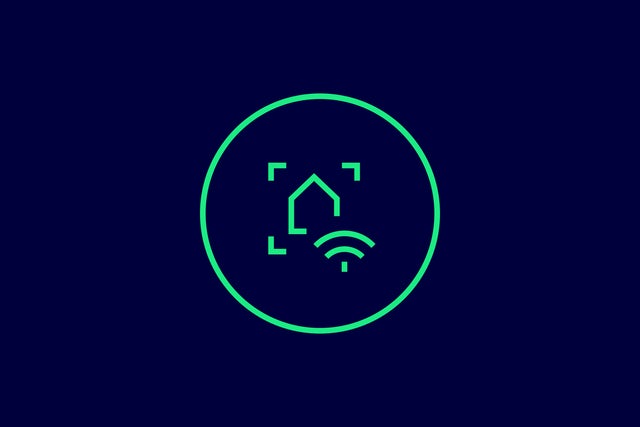
ista not only provides exceptional service, we also offer cutting-edge technology that complements and enhances our services to provide the best possible solution for your property needs.
At ista, we understand that property management can be challenging, which is why we offer a range of innovative products and technologies designed to make your life easier.
From our advanced heating and water allocation solutions to our state-of-the-art energy monitoring systems, we have everything you need to keep your property running smoothly.
Optimise your property's energy management with our wired (M-Bus) and wireless (radio) systems, designed to deliver seamless communication and enhanced utility monitoring capability across your residential properties.
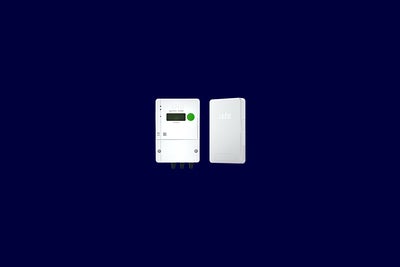
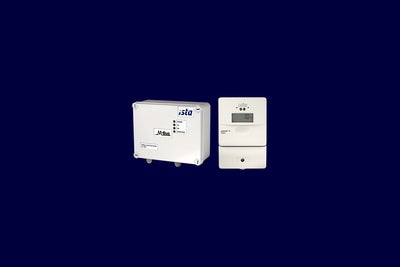
Equip your residential estates with the latest in metering technology from ista, featuring everything from heat cost allocators and heating meters to water and electricity meters. Our product range also includes sophisticated heating modules like Sophia and cutting-edge EV-charging stations, all engineered to boost efficiency and sustainability.
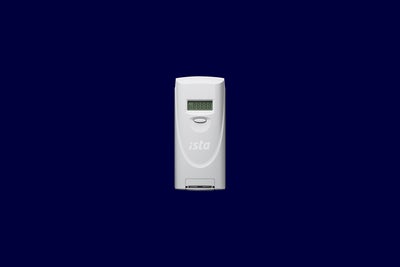
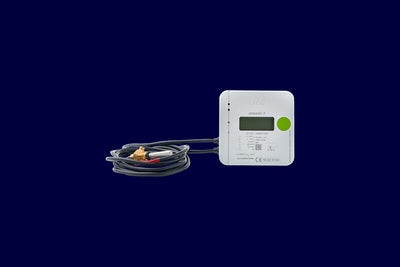
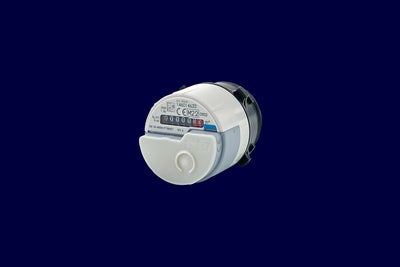



Transform your property management with the advanced software solutions from ista. MinuteView and myista streamline the way you monitor, manage, and interact with your property's energy data, offering intuitive interfaces and powerful tools for better decision-making and operational control.


Our expert customer team is dedicated to finding the perfect, tailor-made solution for your needs, ensuring your satisfaction every step of the way.